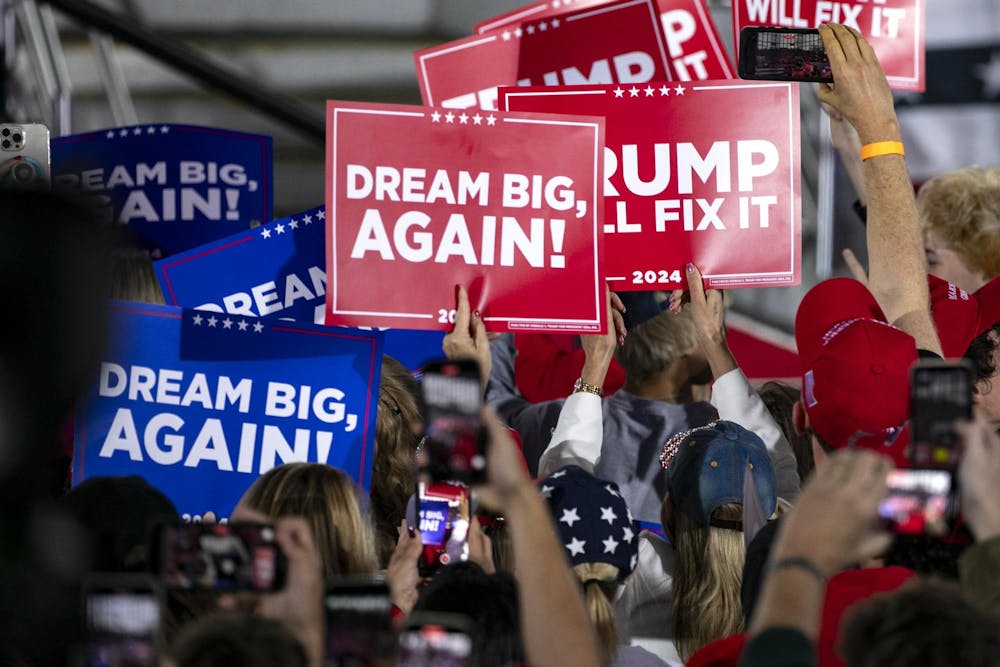Steven Greene knew the North Carolina governor’s race was over when the CNN report on Republican nominee Mark Robinson came out, less than two months before election day.
A political science professor at North Carolina State University, Greene said once the report came out, the question wasn’t if Robinson would lose, but rather how much his loss would drag down other Republican candidates down the ballot.
The North Carolina Democratic Party knew it too. Theodore Nollert, the campus mobilization director for the North Carolina Democratic Party and Chapel Hill Town Council member, said much of their campaigning for the rest of the cycle highlighted the normalcy of their candidates.
“I think the most effective message in North Carolina was, 'Look, that Mark Robinson guy is crazy. Let's vote for the moral candidate in this election, the competent, qualified guy who is likable and clearly normal and a good person,'” Nollert said.
However, looking at post-election results, Greene said he thought Democrats’ success in more publicized races such as lieutenant governor, governor and attorney general could not be attributed to Robinson’s scandals. Instead, they revolved around the overall “likability” of those candidates, he said.
“One of my overall things of this election is, yeah, everything's partisanship, but candidates still matter,” Greene said. “Mark Robinson was an awful one. And I think if you look at the attorney general's race, I think Jeff Jackson was a particularly good one.”
In fact, many of the smaller down ballot races followed party lines, with similar results to the national election, Greene said. Long-time incumbents like Agricultural Commissioner Steve Troxler maintained wide leads.
N.C. Rep. Bill Ward (R-Camden, Gates, Hertford, Pasquotank) said in an email that circumstances outside of campaigns affected the higher-profile races.
“Many issues were present that precluded the election of a Republican governor, lieutenant governor and other positions,” Ward said. “ I think that there was a large influence on the elections of those positions by biased media and messaging.”



